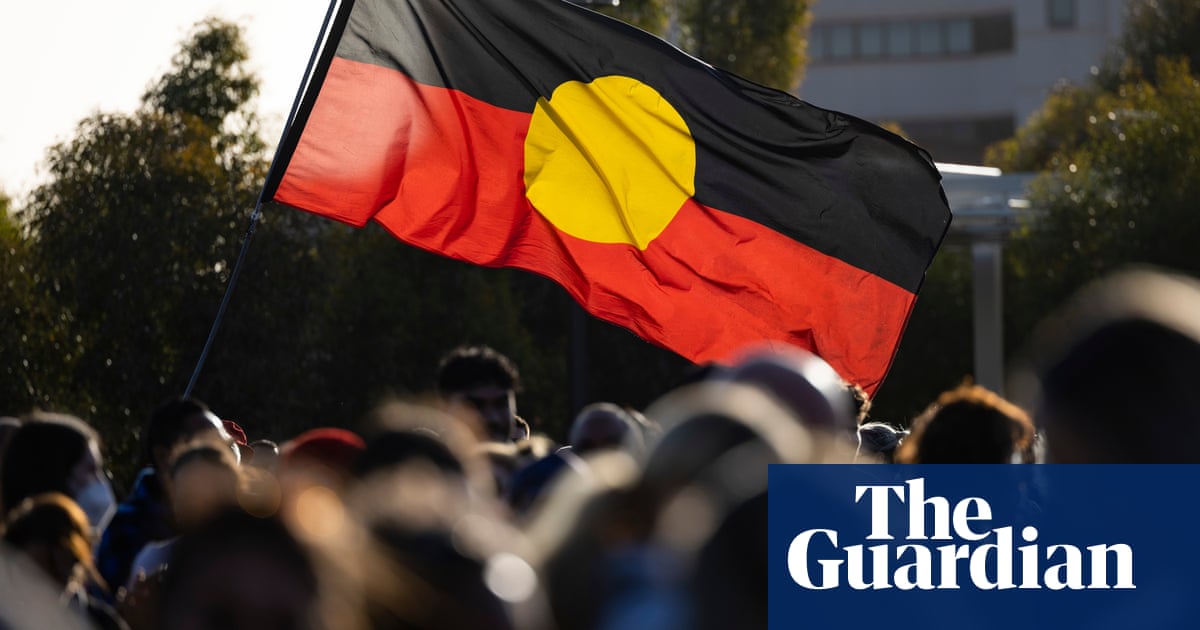The Western Australian government has announced a redress scheme for members of theStolen Generations, after years of campaigning by survivors and their family members.
Aboriginal people who were forcibly removed from their families in WA before 1972 will be eligible for individual payments of up to $85,000 under the scheme, in what the premier, Roger Cook, said was “a major step in the pursuit of reconciliation and healing”.
The announcement follows National Sorry Day on Monday, which marks the anniversary of the tabling of the Bringing Them Home report to parliament in 1997.
Redress for survivors was one of more than 50 recommendations in this landmark report.
Indigenous children were forcibly removed from their families and communities under accepted government policies during a period spanning from the 1910s until the 1970s.
The announcement by Cook on Tuesday leaves Queensland as the only jurisdiction without a redress scheme.
“The WA Government has long acknowledged the historical injustices and their ongoing impact on the Stolen Generations, their families, and communities,” Cook said.
Sign up for Guardian Australia’s breaking news email
The state government said it would also work with Aboriginal organisations to support communications, the rollout of the scheme and planning for additional measures to assist the healing for survivors.
The WA attorney general, Tony Buti, said the announcement of redress is a recognition of the wrongs of the past.
“It marks a significant step in recognising members of Western Australia’s Stolen Generations by providing reparations for surviving members,” he said.
“We hope this support can contribute to healing for those impacted.”
WA’s scheme is expected to open for registration in late 2025.
The Healing Foundation, which represents members of the Stolen Generations, this week called for a national funding package to provide equitable redress and access to personal records to allow survivors to learn their stories.
Prof Steve Larkin, the chair of the foundation, said ageing Stolen Generations members were running out of time.
“Many survivors have already passed away, without seeing justice for themselves or their families,” he said.“Even the youngest survivors are ageing now, with most eligible for aged care. Yet they are facing a system that can re-trigger the trauma of being placed in an institution as a child.”
Larkin has called for a guarantee of at least five years of operational funding for organisations that support Stolen Generations members, including the Healing Foundation.
For information and support in Australiacall13YARNon 13 92 76 for a crisis support line for Indigenous Australians; or call Lifeline on 13 11 14, Mensline on 1300 789 978 and Beyond Blue on 1300 22 4636
